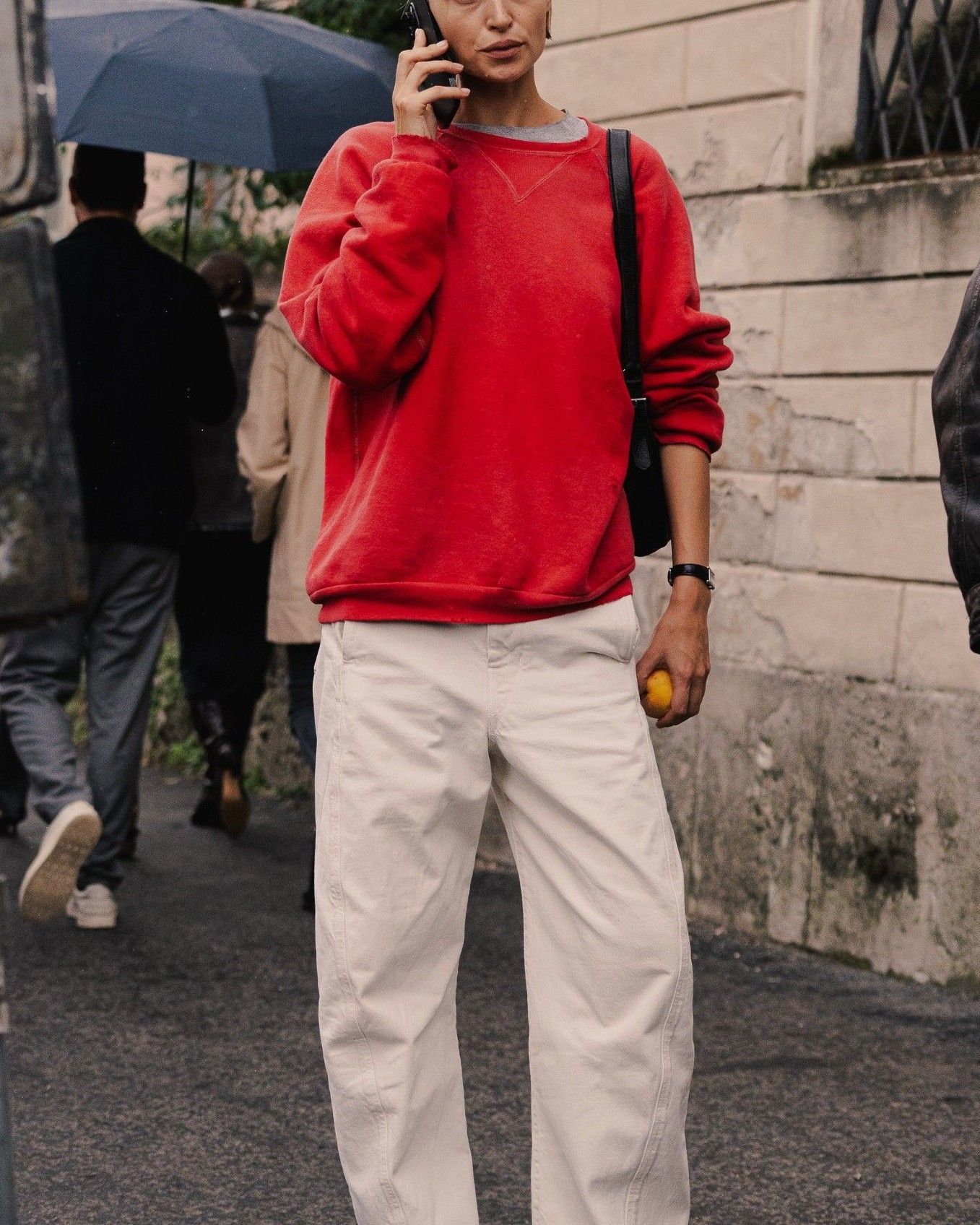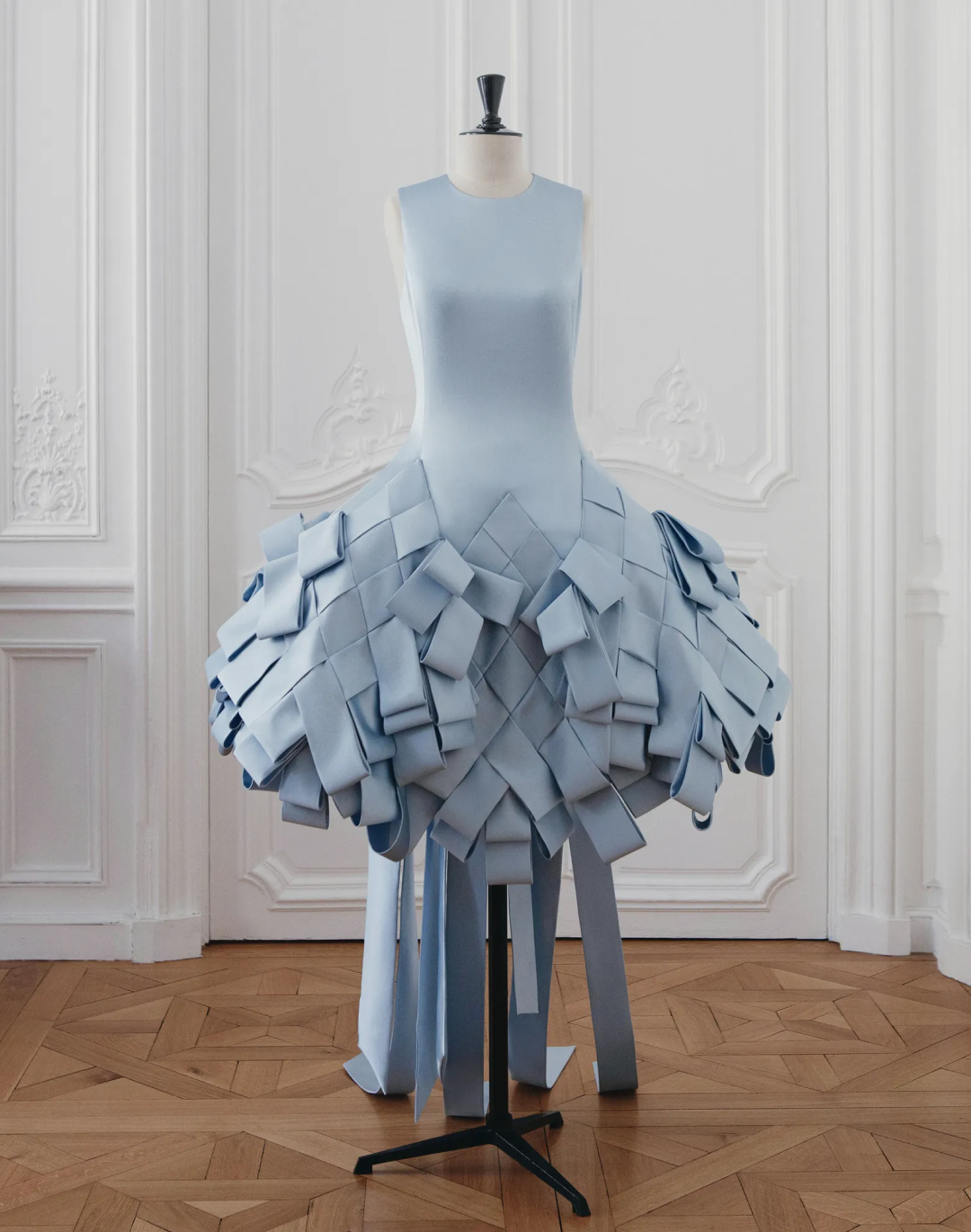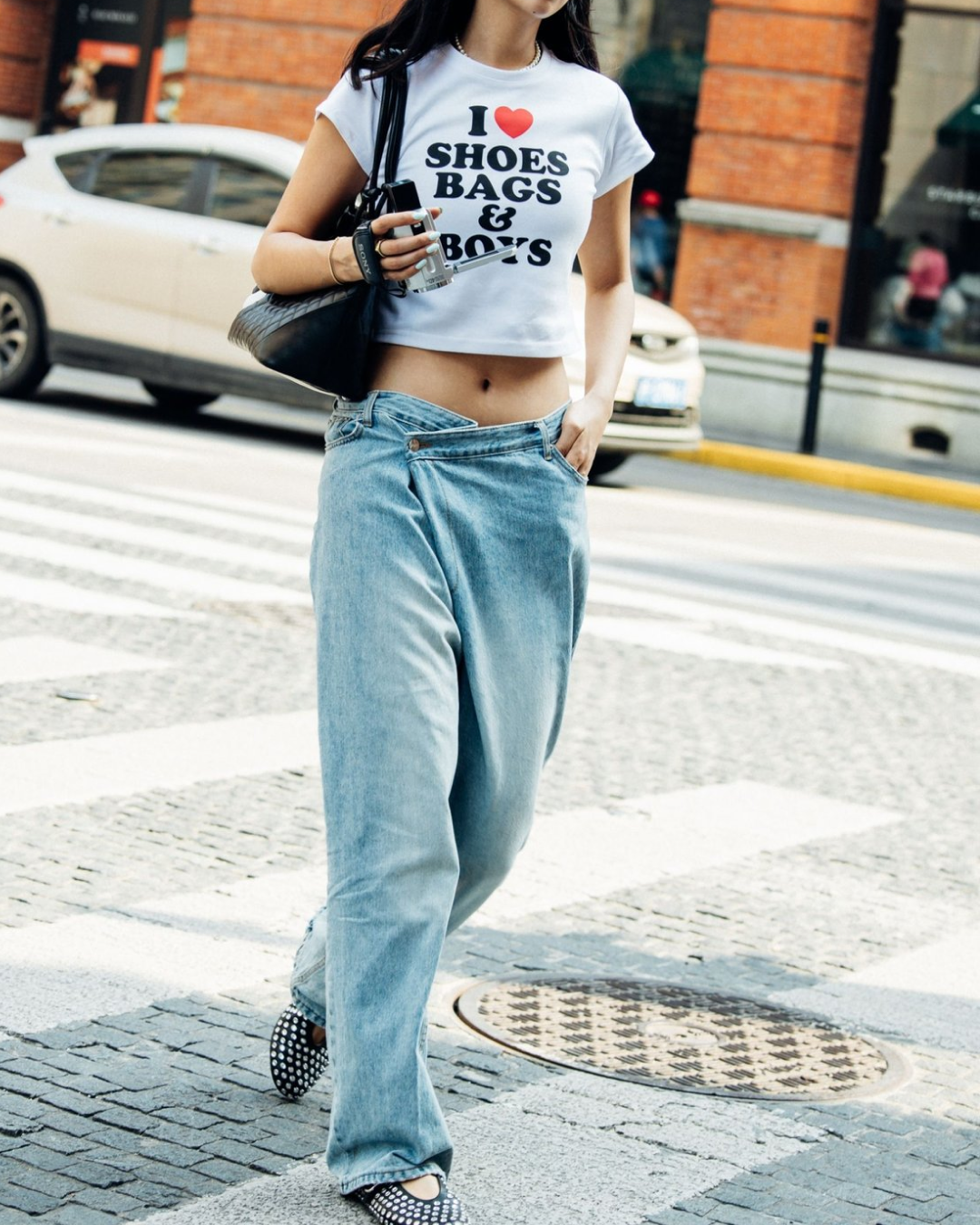
Is spelling the new fashion fetish? To buy a brand, you definitely need to know how to pronounce the name
Throughout history, luxury fashion houses' names have been distorted depending on different national pronunciations, or in some cases, not spelled correctly (as famously depicted with a clumsy Andy Sachs in The Devil Wears Prada: "Can you please spell Gabbana?"). The fashion houses of the system indeed care a lot about the correct pronunciation of their own name, both personally and from a brand perception and recognition standpoint: think about how many times Donatella Versace and Franco Moschino have had to correct, often with subtle annoyance, journalists who Americanized the names of Italian fashion houses. But is it beneficial for brands to exploit the irony that these language defects in common speech generate to create a new channel of communication? According to Jonathan Anderson, creative director of Loewe, sarcasm is at the center of the Decades of Confusion campaign starring Aubrey Plaza, the indie darling from Parks and Recreation and The White Lotus, and Dan Levy, star of Schitt's Creek as well as the scriptwriter of the short film. The video campaign starts in the 1970s and traverses several decades to the present day, set in an international spelling bee conducted by Levy where Plaza attempts to spell the brand name without success in three different "eras" of the brand represented by archival and contemporary looks.
In the segment set in the present day, Plaza parodies the classic influencer, a brand ambassador, wearing a car-shaped dress from the FW22 collection and ironically claiming to be good friends with Anderson but unable to pronounce "Loewe" correctly. The designer draws on the American tradition of spelling bees to showcase the brand's garments, some archival pieces from different years, and others more recent, thus drawing attention to the Maison's history and its precious craftsmanship tradition. "Iconic fashion but wrong answers," quoting Anderson's words to describe the short film that perhaps the Latins would have called "a comedy of errors," which plays on some common misconceptions, focusing on the theme of misunderstandings in communication and playing on the difficult Spanish pronunciation of the brand name.
Following the same vein, SSENSE adopted the spelling bee format for the launch of its kidswear collection. The Spelling Bee campaign features children wearing total looks from the brand that they must spell out: from Thom Browne to Rick Owens, and emerging brands like Collina Strada and Eckhaus Latta. SSENSE opts for emotional branding, an effective marketing strategy that aims to broaden the customer base and thus sell more, but also to create endearing and engaging social content to establish empathy with its community. In addition to the examples mentioned, consider Versace's 2018 campaign titled The Clans of Versace where the phrase was repeated: "It's Versace not Versachee!" a statement that literally affirms the brand's Italian heritage starting from its name but often used to denote something cheap, like a counterfeit garment from the Maison.
@runwaymood It's Versace not Versachi #donatellaversace #versace #itsversacenotversaci Runwaymood - Runway Mood
Another curious episode was the 2018 Gucci Cruise. Alessandro Michele, only a few years into his tenure as the brand's creative director, created T-shirts featuring expressions like Guccify Yourself or Guccification, new terms coined by the designer that, through the distortion and mangling of the original term, helped create a new personal alphabet within the Gucci community. These latter two cases underline how successful brands today build communication starting from words, often shrewdly ironic, with which to self-represent. After all, the term "Pradaness", like the adjective "Valentinian", are untranslatable expressions used to indicate not just a piece of clothing, but an attitude, a defined and unique style. Therefore, irony can represent a fertile ground to create a functional language both for product enhancement, as in the case of SSENSE, and for strengthening a brand's identity, as in the case of Loewe, thus creating a less snobbish and more relatable image of fashion, which ultimately tolerates self-deprecating humor as its only form of comedy.















































